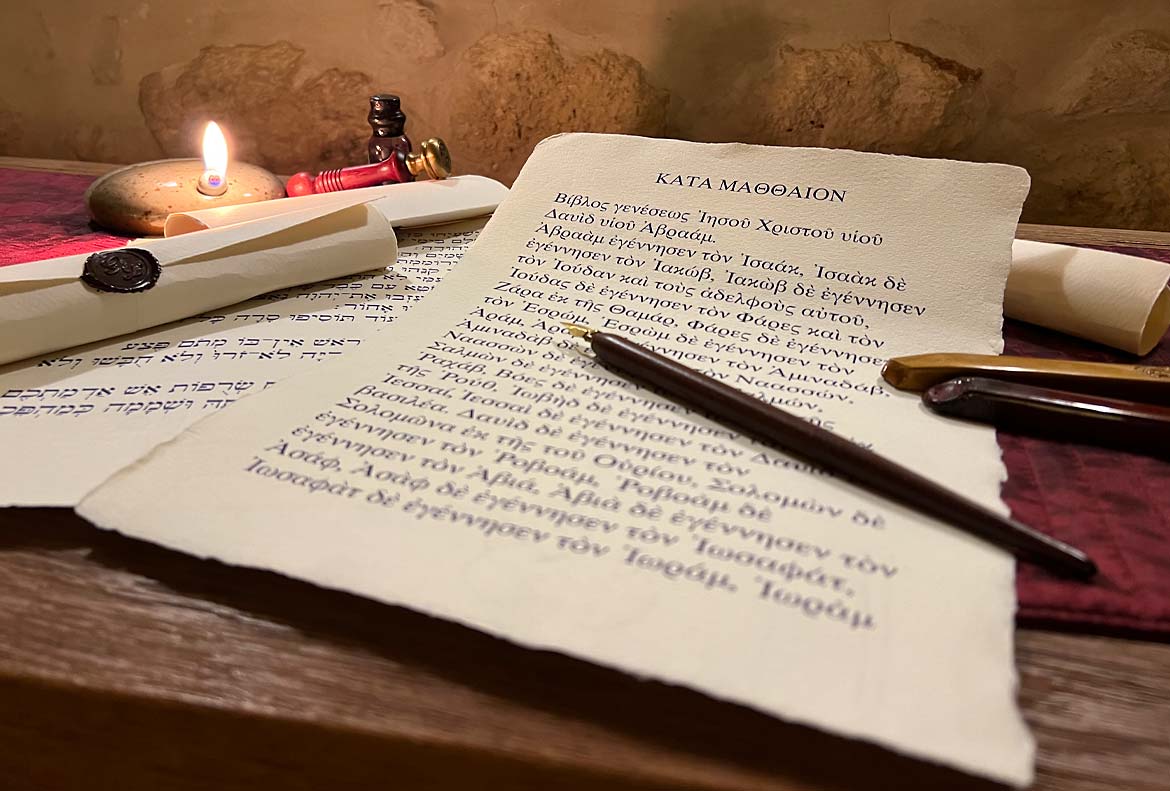4th SUNDAY OF LENT (A)
Sunday 19 March 2023
Jn 9:1-41 [Short Version: 9:1,6-9,13-17,34-38]
“The neighbours and those who had seen him before, kept asking him, ‘Then how were your eyes opened?’ He answered, “The man called Jesus made mud, spread it on my eyes, and said to me, ‘Go to Siloam and wash.’ Then I went and washed and received my sight.” They said to him, “Where is he?” He said, “I do not know.” So they said again to the blind man, “What do you say about him? It was your eyes he opened.” He said, “He is a prophet.” Jesus heard that they had driven him out, and when he found him, he said, “Do you believe in the Son of Man?” He answered, “And who is he, sir? Tell me, so that I may believe in him.” Jesus said to him, “You have seen him, and the one speaking with you is he.” He said, “Lord, I believe.” And he worshiped him.”
(John 9:10-12, 17, 35-38)
Chapter 9 of John’s Gospel is entirely dedicated to this account of the healing of a man born blind. The account involves a variety of people. Firstly there are the neighbours and those who had seen the man born blind before (v. 8), who wonder if it is him or not. Giving account of what happened, the healed man describes the One that healed him simply as a man, a man called Jesus – nothing more than that.
Then the Pharisees enter the scene (v. 15). The man is brought to them because the miracle happened on the sabbath. They were divided. Some viewed Jesus as a sinner, on the basis that he did not observe sabbath laws. Others couldn’t comprehend how a sinner could do signs and wonders like these! Pushed by the Pharisees for an answer, the healed man describes Jesus as a prophet, so he is no longer just a man, but someone sent by God.
Finally, the Jews (v. 18), who represent the religious and political institutions, in a certain sense in opposition to Jesus. These Jews, wanting to deny that the miracle had happened, would like to cast doubt that the man had actually been born blind. So they interrogate his parents, who confirm that their son had indeed been blind from birth. Out of fear of being ‘excommunicated’, the parents affirm that they don’t know how or who had given sight to their son. The Jews then return to the man healed from his blindness to sum-up their conclusions, and this leads to an exchange which then leads to the healed man being thrown out. He encounters Jesus outside, who presents Himself as the Son of Man. The healed man believes, falls to the ground, and worships Him.
This blind man represents all those without the gift of faith to see the presence of Jesus. He receives the gift of sight and, like walking along a path, he gradually walks in to the light, which is a trusting faith in Jesus. We also should have the attitude of this man: recognise that we are blind, be obedient to the directions given by the Lord, and also be willing to be ‘excommunicated’ from society, from family, from friendships, and from the current anti-Christian mentality… It is the price that we should be ready to pay for the Gospel!
Fr. Giuseppe







